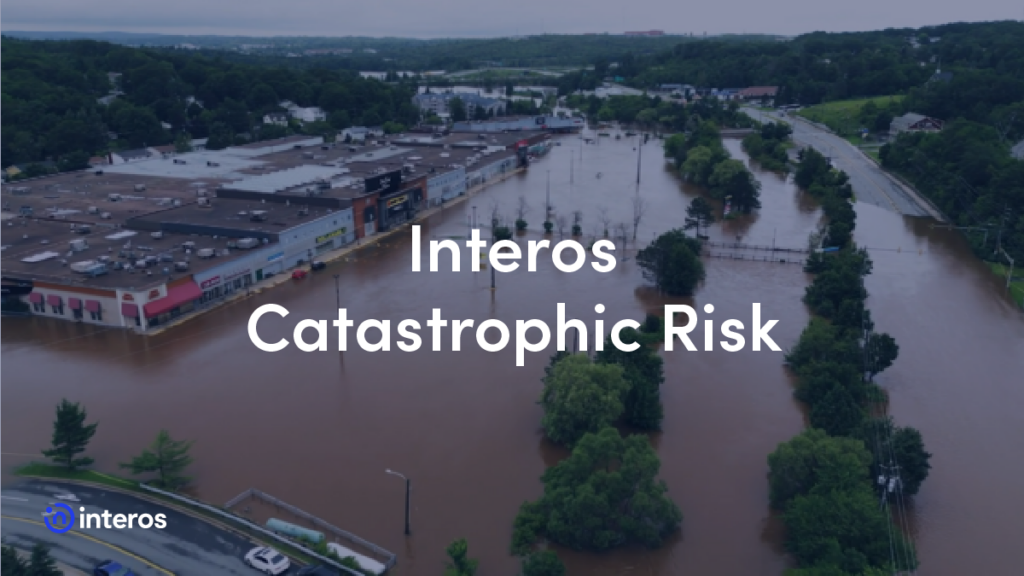The Russian government has suspended delivery of natural gas to Poland and Bulgaria after the two countries declined to meet the country’s demands. Russia wants natural gas customers to pay them in rubles with Russia-based bank accounts to help offset economic sanctions brought on by the country’s invasion of Ukraine.
In the newly published report, “Analysis of Russian Gas Flows to Europe Amid the War in Ukraine,” Interos explores Europe’s dependence on natural gas from Russia. The report highlights trends in the flow of Russian natural gas to Europe through selected major pipelines, identifies major Russian producers of natural gas, and provides context to the suspension of service in Bulgaria and Poland.
Other key findings from the report:
- Nord Stream 1 facilitated the most deliveries of Russian gas to Europe. Russia threatened unilateral flow cutoffs, while Ukraine has lobbied for European-induced flow cuts to increase Kyiv’s leverage.
- If gas flows to Germany via Nord Stream 1 were cut, or if a major natural gas shortage occurs, significant supply chain disruptions to industries would be expected.
- Ukraine continues to facilitate natural gas flows through the country despite the ongoing war. Gazprom has intermittently facilitated westbound gas flows through the Yamal pipeline, opting instead to book pipeline capacity at daily auctions as needed.
- Gazprom’s cutoff to Bulgaria and Poland comes at a time when demand for natural gas is decreasing as temperatures rise and the need for heating homes drops off, and it comes against two countries which already signaled their intent not to renew contract deals with Gazprom after they expired at the end of this year.
- As of 2020, North Macedonia, Moldova, and Bosnia and Herzegovina appear to have a 100% reliance on Russia for natural gas supplies, placing them in a potentially vulnerable position.
Download




